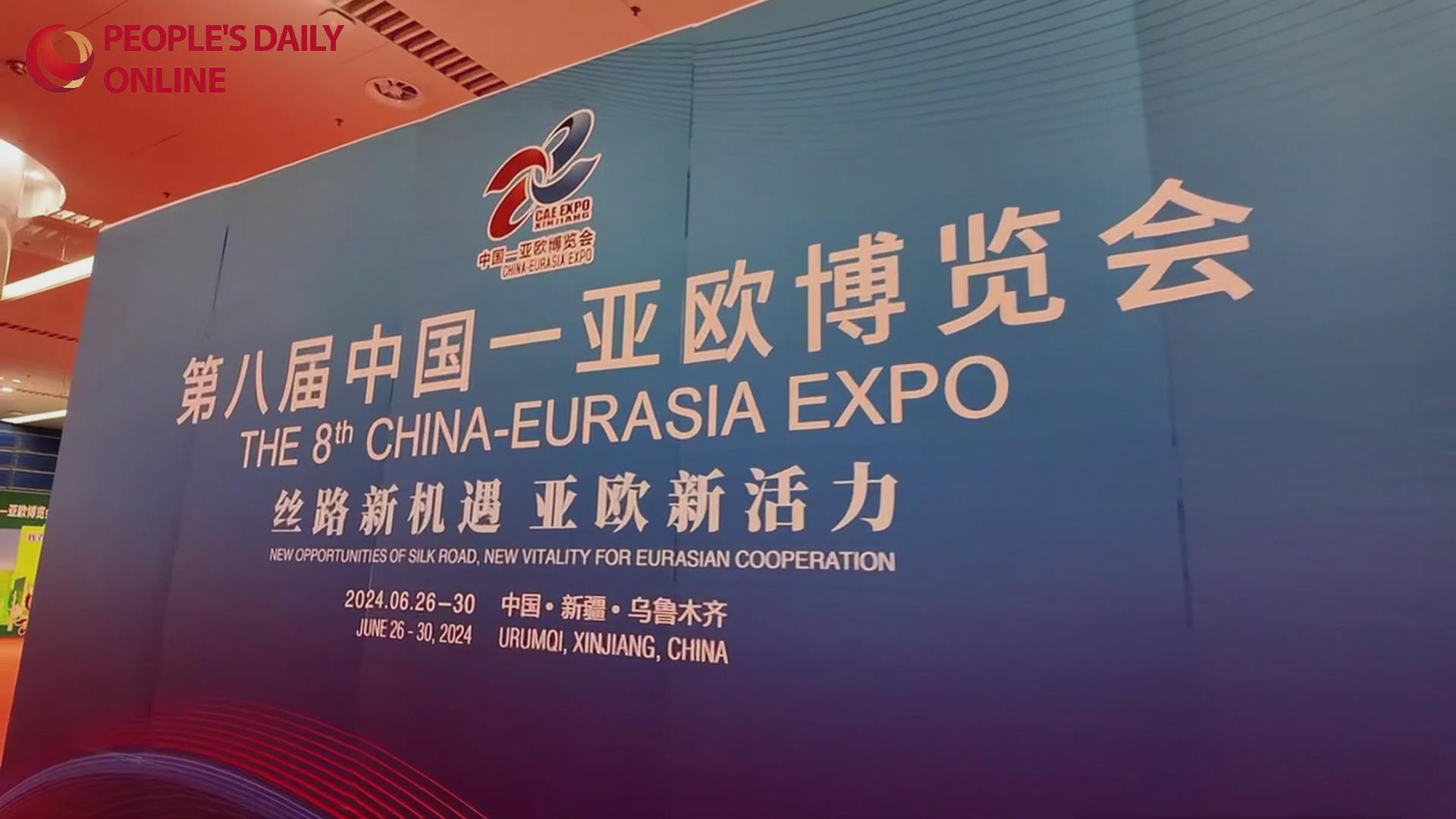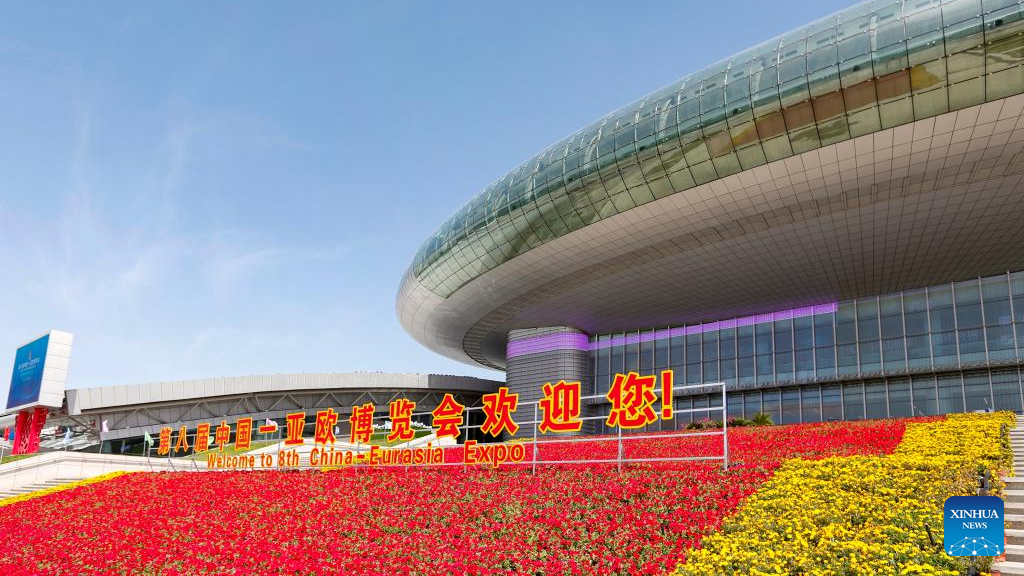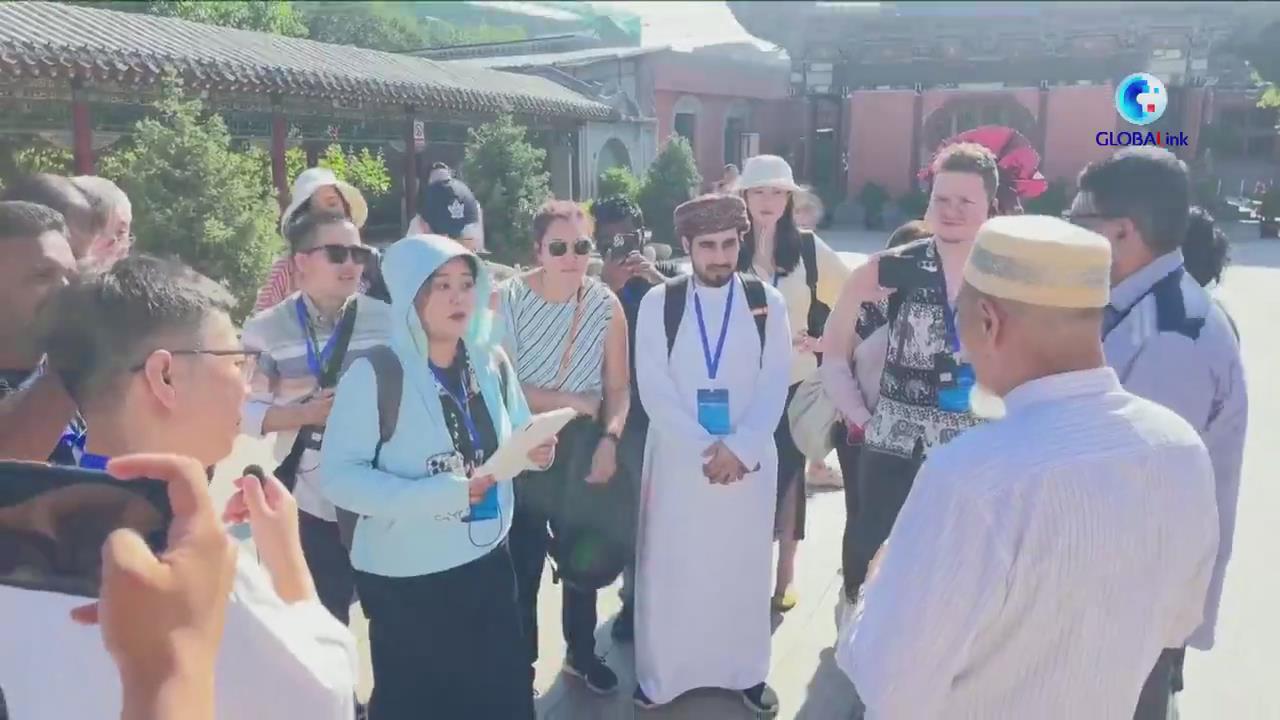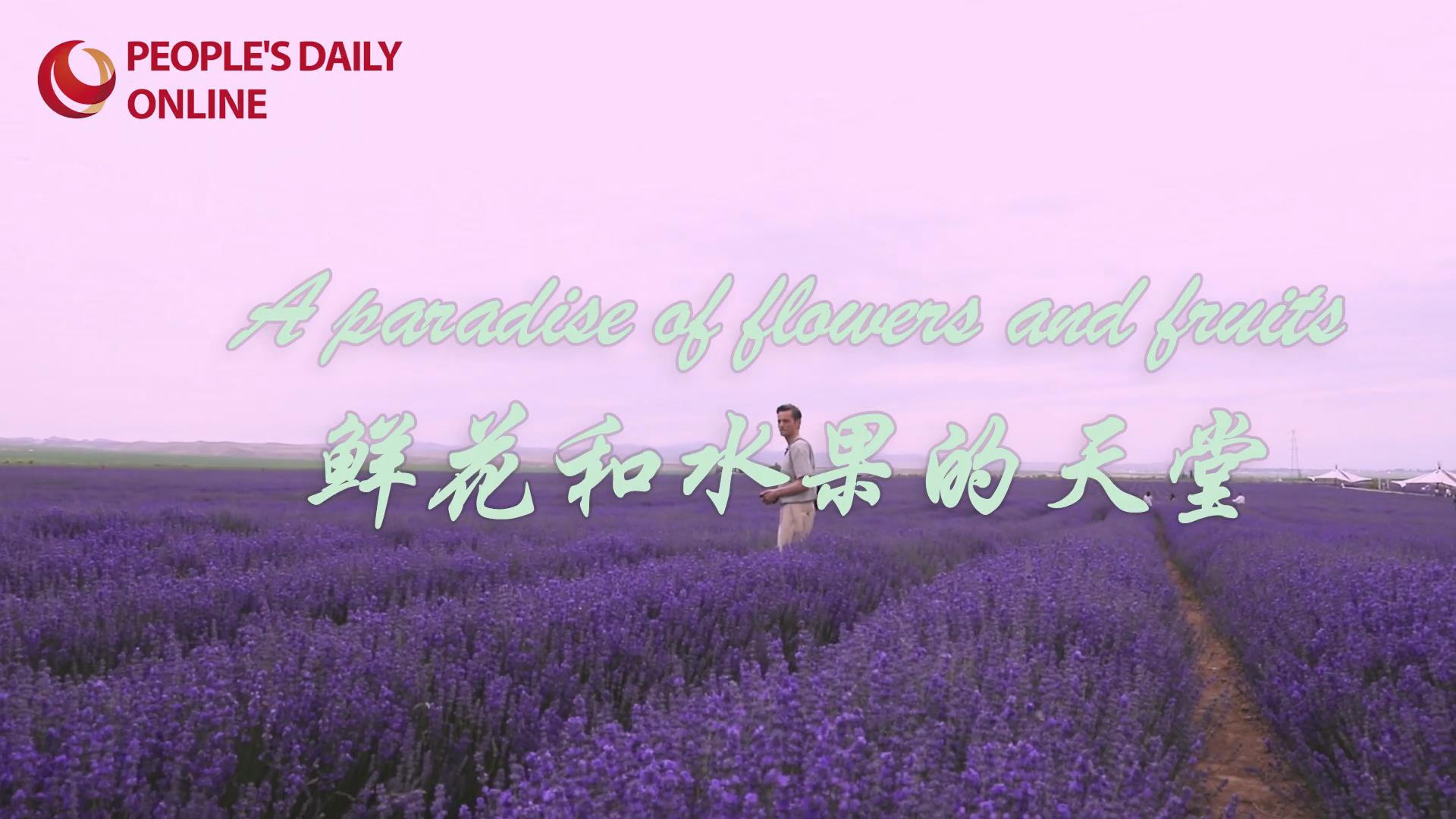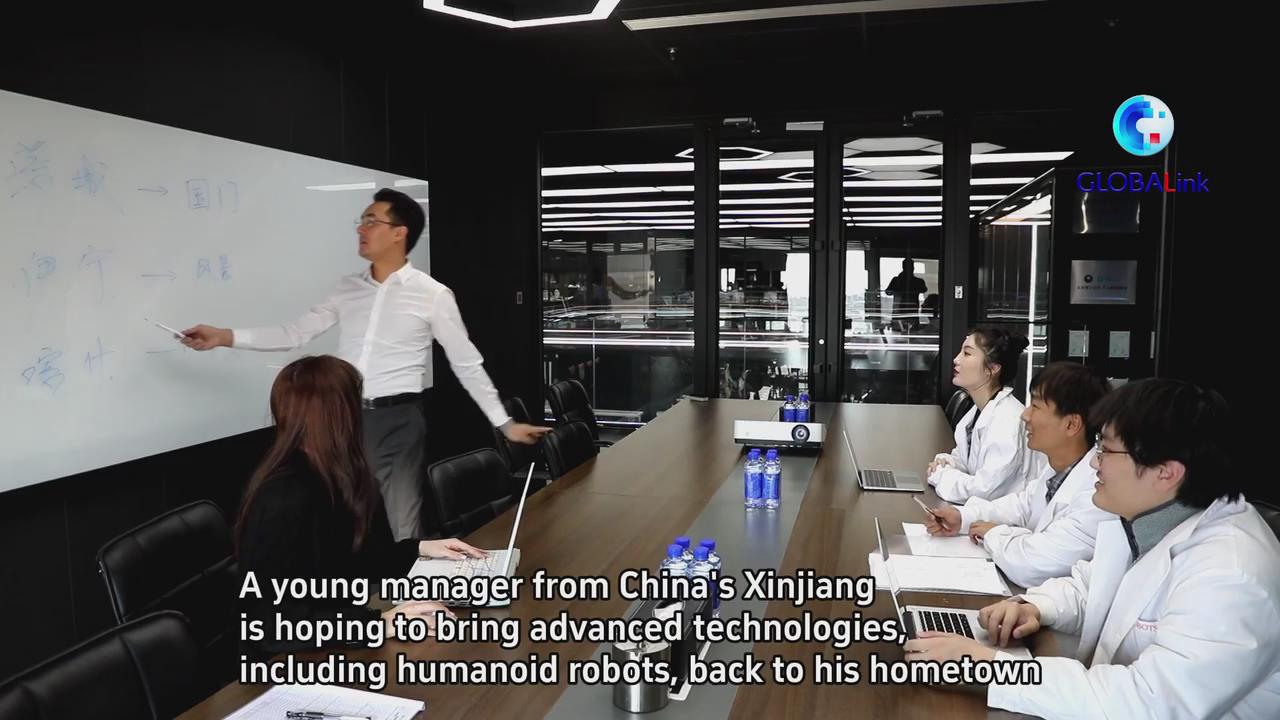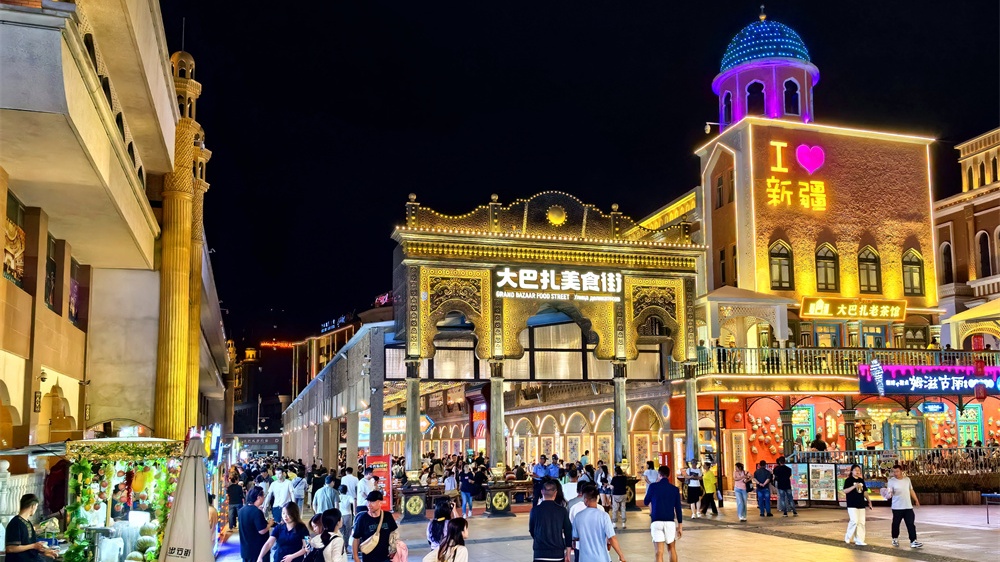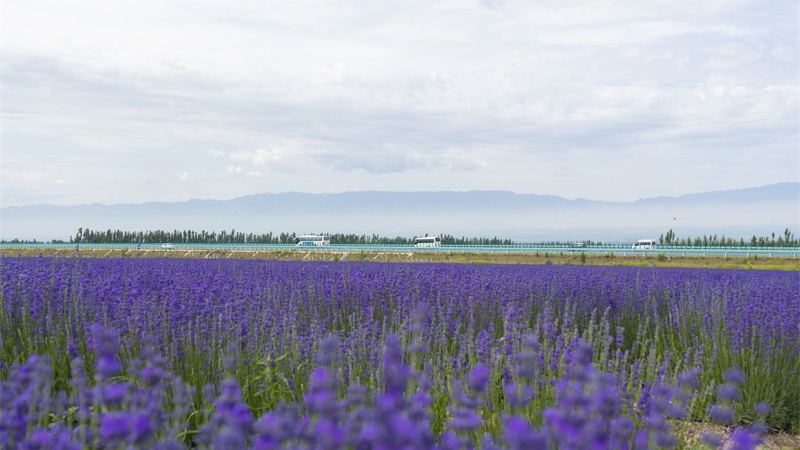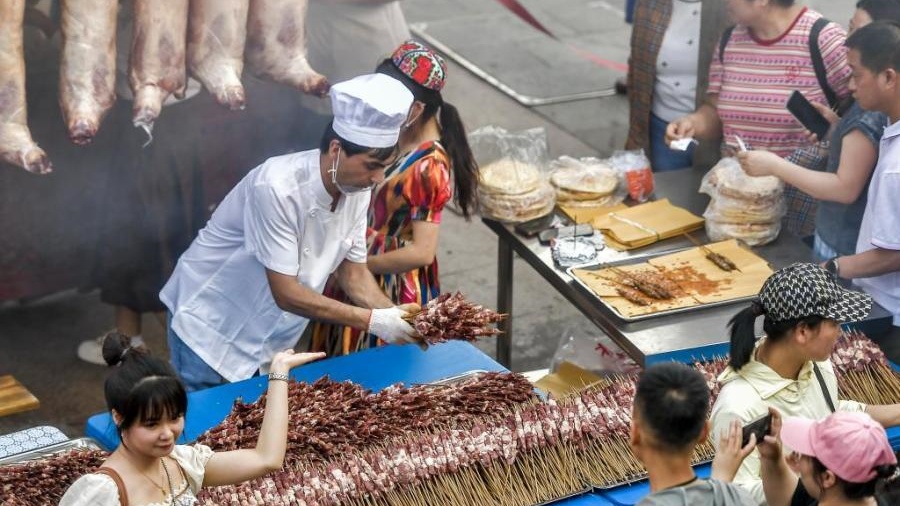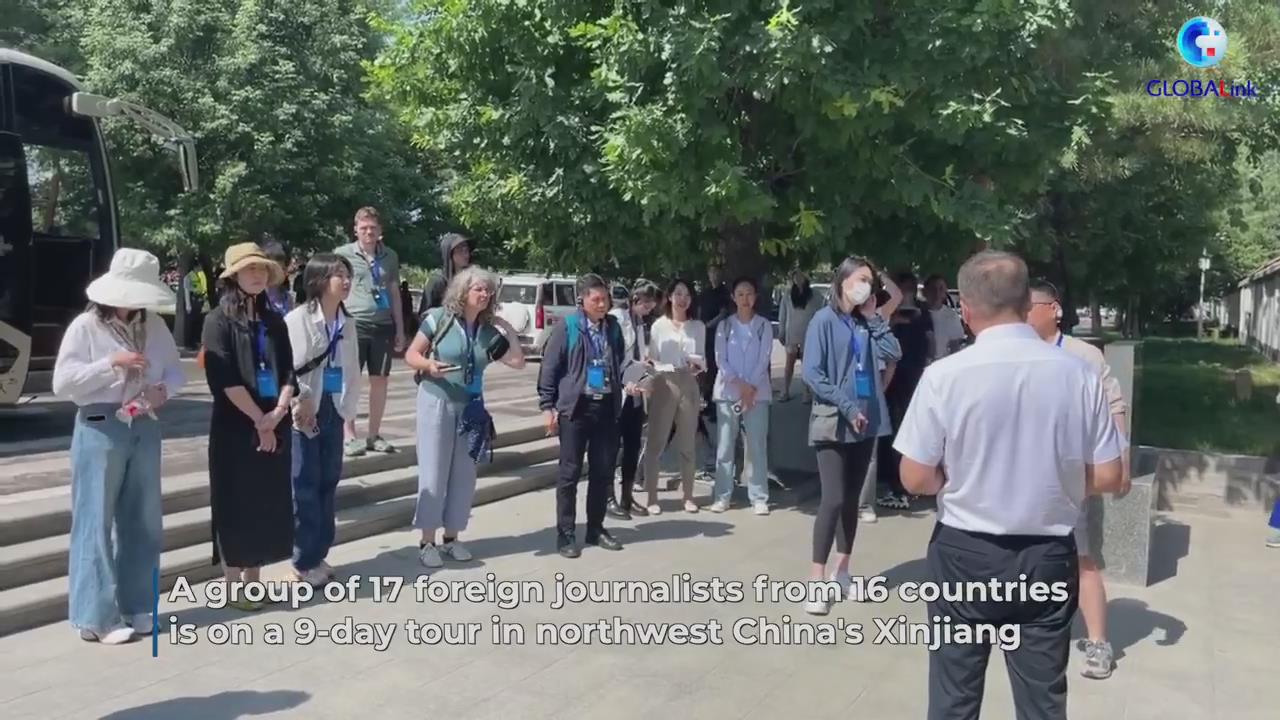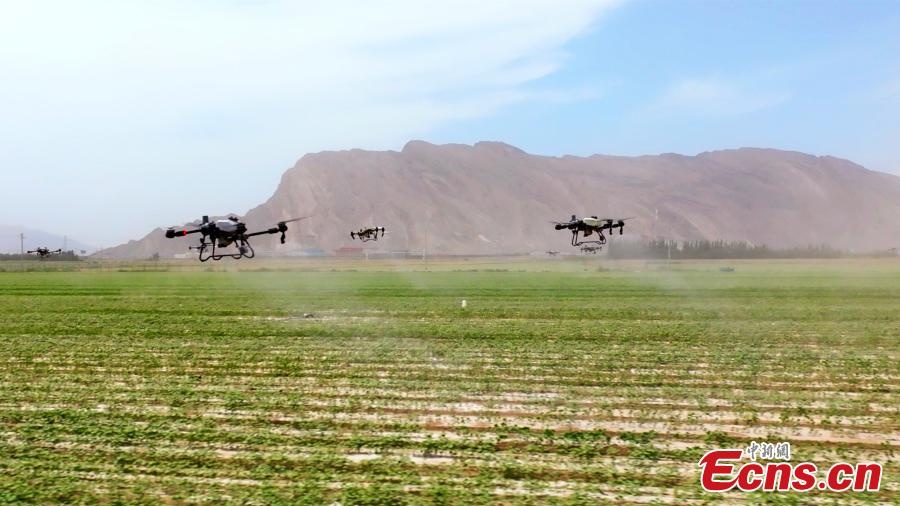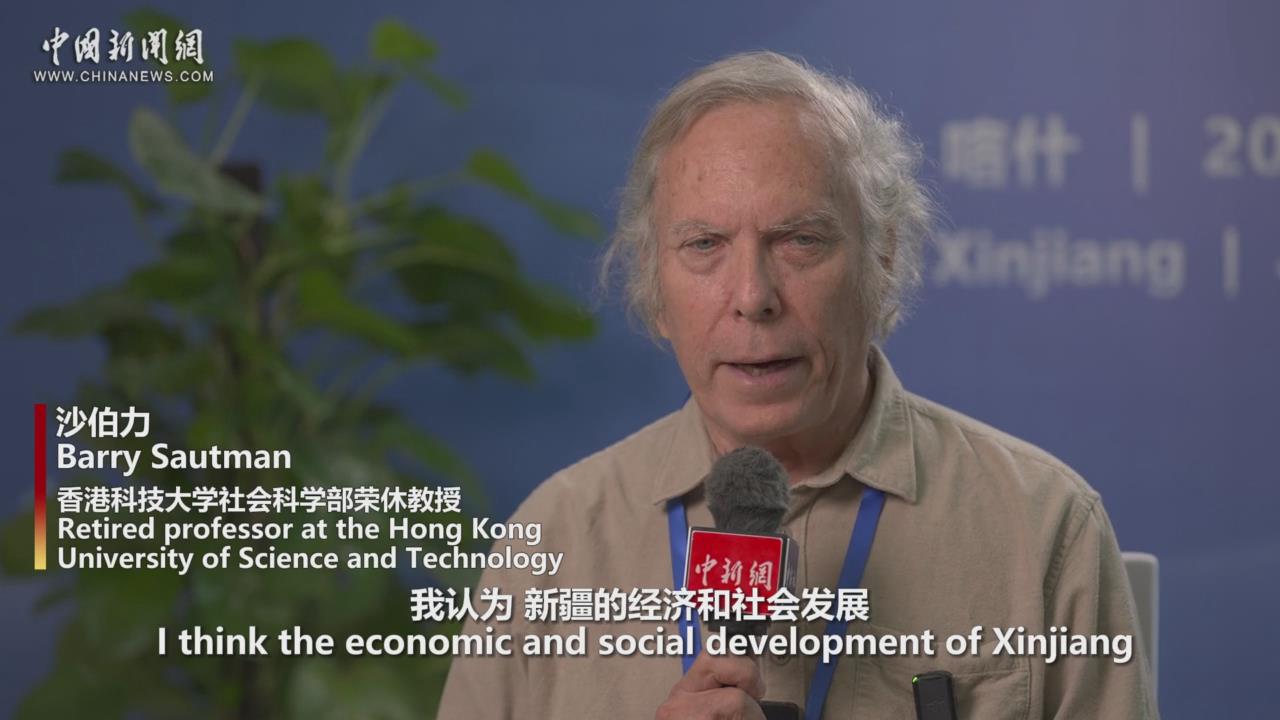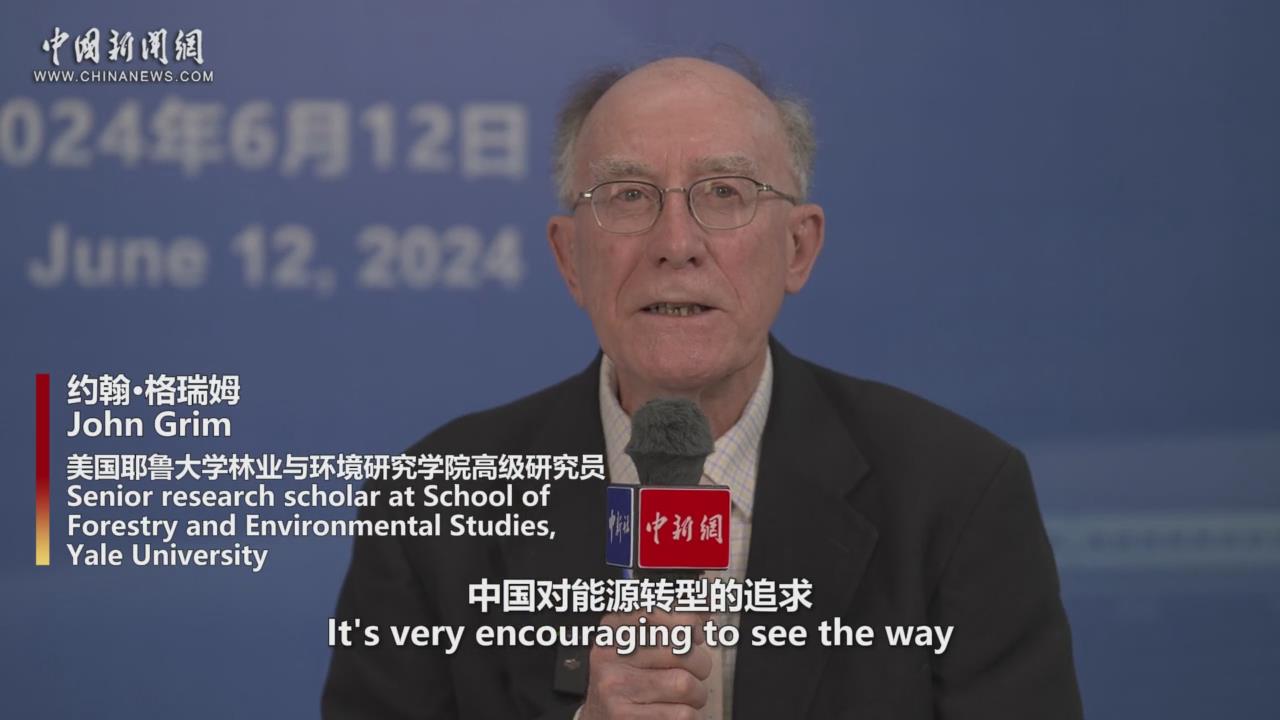.jpg)
Photo taken on May 4,2021 shows the 36th Press Conference on Xinjiang-related Issues in Urumqi,capital of northwest China’s Xinjiang Uygur Autonomous Region. Photo by Wang Zhen
.jpg)
Spokesman of People’s Government of Xinjiang Uygur Autonomous Region Xu Guixiang speaks at the 36th Press conference on Xinjiang-related Issues in Urumqi, May 4,2021. Photo by Wang Zhen
Xu Guixiang: Good morning, dear journalists. Welcome to today’s press conference on Xinjiang related issues. On the evening of April 30, a 7-year-old boy in Kumuairike Village, Layika Township, Hotan Prefecture, had his arm broken by a tractor pulley and needed to go to Urumqi for emergency arm surgery. In this process, he has received the concern and help from the relevant departments and people of all walks of life in Xinjiang, which vividly reflects Xinjiang’s efforts to adhere to the concept of life first and fully protect the basic human rights of people of all ethnic groups, such as the right to life and health.
In recent days, the child’s situation has affected many people’s hearts. All relevant parties in Xinjiang have spared no effort to rescue him, which has aroused the keen attention of netizens at home and abroad, and everyone has expressed their praise. Today, we have invited the child’s uncle Abudumaijiti Yimin, Erken Rijiefu, orthopedic doctor of Hotan people’s Hospital, Zhao Yan, steward head of cabin department of Xinjiang branch China Southern Airlines, Cao Hongmin, a 120 on-board doctor of emergency center of the Fifth Affiliated Hospital of Xinjiang Medical University, and Li Li, orthopedic doctor of the Affiliated Hospital of Traditional Chinese Medicine of Xinjiang Medical University. They will share the information with us.
Xu Guixiang: First of all, let’s invite the child’s uncle, Abudumaijiti Yimin, to talk about how it happened.
.jpg)
Abudumaijiti Yimin speaks at the the 36th Press conference on Xinjiang-related Issues in Urumqi, May 4,2021. Photo by Wang Zhen
Abudumaijiti Yimin: My name is Abudumaijiti Yimin. I’m the child’s uncle. My nephew is 7 years old this year. On the afternoon of April 30, we sprayed insecticide on the walnut trees in the field, and the children followed us to play in the field. At that time, we were busy working. At about 8:30, we suddenly heard the child crying. We ran over, only finding that his arm was rolled into the tractor, bleeding a lot, and his arm had been broken. Seeing the child crying bitterly, we were heartbroken. We drove our car to the hospital and dialed 120 emergency call. On the half way, the ambulance came. We transferred the child to the ambulance and sent him to the emergency room of Hotan people’s hospital.
Xu Guixiang: Now, let’s invite Erken Rijiefu, orthopedic doctor of Hotan people’s Hospital to talk about the patient’s first visit to the Department of Orthopaedics, Hotan people’s hospital.
.jpg)
Erken Rijiefu, orthopedic doctor of Hotan people’s Hospital speaks at the 36th Press conference on Xinjiang-related Issues in Urumqi, May 4,2021. Photo by Wang Zhen
Erken Rijiefu: I am Erken Rijiefu, orthopedic doctor of Hotan people’s Hospital. At 21:45 pm on April 30, the child was sent to our hospital for treatment. After examination, we found that the patient’s right upper limb was severed, and the broken end was severely damaged. The patient’s condition was very serious. The replantation operation must be completed within 6 to 8 hours, otherwise the best time for replantation operation of the severed limb will be lost and it will result in lifelong disability. Due to the limited conditions in our hospital, I suggested that the family members of the patient should sent the boy to Urumqi for treatment, and contacted Dr. Li Li of the Affiliated Hospital of Traditional Chinese Medicine of Xinjiang Medical University, asking them to be ready to receive the transferred patients. Then, we immediately bandaged the wound of the patient, fixed the blood vessels and nerves of the amputated limb, and preserved them at low temperature. At the same time, we helped family members of the patient contact 120 ambulance, and coordinated with the public security department to keep the traffic along the road smooth, so as to ensure that child can get to the airport as soon as possible.
Xu Guixiang: Now, let’s invite the child’s uncle Abudumaijiti Yimin to talk about the boarding at the airport.
Abudumaijiti Yimin: At that time, a police car opened the way, and we soon took an ambulance from Hotan People”s Hospital to the airport. As soon as I arrived at the airport, I heard that this was the last flight and was ready to take off. We were very anxious at that time, so we told the airport staff if we could call the plane back and save our child. Airport staff understood the situation, told us not to worry, and they would do their best. After a while, he helped us send the child on the plane with a stretcher.
Xu Guixiang: Next, let’s invite Zhao Yan, steward head on that day, to talk about the situation of the patient on the plane.
.jpg)
Zhao Yan, steward head of cabin department of Xinjiang branch China Southern Airlines speaks at the 36th Press conference on Xinjiang-related Issues in Urumqi, May 4,2021. Photo by Wang Zhen
Zhao Yan: At about 23:45 on April 30, when our flight was ready to take off, I received a notice from the captain that a seriously sick passenger was going to Urumqi for emergency treatment. The company asked us to slide back to pick up the passenger immediately. As the plane slid back, I quickly vacated the front seats and prepared blankets, pillows and first aid equipment. After opening the cabin door, I immediately arranged the child and his family on the reserved seat. At that time, the child was receiving an infusion. We tried to hang up the bottle.
At this time, the doctor came to me and told me some cautions for the boy. He said that the child should not fall asleep to avoid bleeding. The ice should be replaced in order to keep the temperature of the child’s arm. After the plane took off, in order to keep the child awake, my colleagues and I prepared wet towels to wipe his face, played mobile phone videos and music to the child, and used different sounds to stimulate him and to prevent the child from falling asleep. In order to get more rescue time, we communicated with the ground, and arranged for the airport ambulance to pick up the plane at the first time. We informed the family that the ambulance had been arranged in place, the plane would stop at the nearest parking space from the airport exit, and we would deliver the children safely as soon as possible. During the flight, some passengers took the initiative to help us look after the children together. Our crew members put all the cash together and give it to the child’s family, hoping to give him some help. The eyes of the family members of the child were moistened when they saw our loving action.
At 1:36 a.m. on May 1, the plane arrived in Urumqi. The passengers sat on the seats very coordinately and kept the aisle unobstructed. Our crew members quickly opened the cabin door and cooperated with the medical staff to send the child to the ambulance in time. All the passengers gave a thumb up for the child’s timely arrival
Xu Guixiang: Now, let’s invite Cao Hongmin, a 120 on-board doctor from the emergency center of the Fifth Affiliated Hospital of Xinjiang Medical University, to introduce the situation of sending the child to the hospital.
.jpg)
Cao Hongmin, 120 on-board doctor of emergency center of the Fifth Affiliated Hospital of Xinjiang Medical University speaks at the 36th Press conference on Xinjiang-related Issues in Urumqi, May 4,2021. Photo by Wang Zhen
Cao Hongmin: We received an ambulance assignment on the morning of May 1 to transfer the child to the Hospital of Traditional Chinese Medicine Affiliated to Xinjiang Medical University. At 1:50 a.m., we received patients at the airport and found that the patients were in poor mental state and were seriously injured. We immediately monitored the patient’s vital signs, did emergency infusion, checked the wound bandage and limb preservation, and called the patient constantly to keep him awake. At the same time, we kept in touch with the Affiliated Hospital of Traditional Chinese Medicine of Xinjiang Medical University, communicating with them about the condition of the children, informing them of the time of arrival at the hospital in order to do the handover work in time. At 2:10 a.m., the child was successfully sent to the hospital. The overall trip is nearly 30 km, but only took 20 minutes.
Xu Guixiang: Next, let’s invite Li Li, an orthopedic doctor of the Affiliated Hospital of Traditional Chinese Medicine of Xinjiang Medical University, to talk about the treatment of patients.
.jpg)
Li Li, orthopedic doctor of the Affiliated Hospital of Traditional Chinese Medicine of Xinjiang Medical University speaks at the 36th Press conference on Xinjiang-related Issues in Urumqi, May 4,2021. Photo by Wang Zhen
Li Li: On the evening of April 30, I received a phone call from Erken, director of Orthopedics Department of Hotan People’s Hospital, telling me that a child needed to come to our hospital urgently for replantation of the broken arm, and he sent me a picture of the injury. From the picture, the child’s entire upper limb was severed from the distal shoulder joint, and the injury situation was very urgent. Out of the doctor’s instinct, I immediately informed director Erken that the patient had conditions for replantation and had to be arranged to Urumqi for treatment within 8 hours.
After learning that the child was boarding successfully, I immediately reported to the Party Committee of the hospital. The Party Committee of the hospital attached great importance to it and demanded to open a green channel and rescue the boy’s arm at all costs. Because this kind of surgery is ranked at level 4 surgery among the most difficult surgeries, the hospital quickly developed a rescue plan, and organized the orthopedics, emergency department, laboratory, radiology department, anesthesiology department, blood transfusion department and other related departments to ensure a good surgical job, and more than 20 medical staff were on duty to prepare for the surgery.
At 2:10 a.m. on May 1, when the child arrived in our hospital, he was in poor mental state, crying all the time with hoarse voice. According to the established plan, we arranged two doctors to take the severed limb to the operating room to start debridement, and mark the important blood vessels and nerves, striving hard for the valuable time for replantation of the severed limb. One doctor dealt with the doctor’s medical advice, and the other doctors escorts the patient for preoperative examination. I am responsible for coordinating all departments to make preoperative preparation. During this period, we found that there was a fracture around the elbow joint, which was confirmed by intraoperative fluoroscopy. We fixed it by incision.
At 3:15 a.m., the child was sent to the operating room. At this time, it was only half an hour before the 8-hour time limit. During the operation, we connected the brachial artery within the shortest time, and established the blood supply of the severed limb, and the child’s arm began to turn red, indicating that the blood circulation worked in the limb. Next, we repaired bones, nerves and muscles. The whole operation lasted more than three hours and was very successful. After the operation, I sent a Wechat moment, sighing with feeling that with the joint efforts of many departments, I completed an operation within a limit time span and under the limit conditions, and really felt the “speedy moment of life and death”. I have really felt the government's protection for the people, especially for children.
Today is the third day after the operation. The child’s condition is stable with stable vital signs and mood and normal diet and blood circulation. At present, our hospital has organized a multi-disciplinary expert group to make every effort to ensure the child’s recovery and limb survival.
Xu Guixiang: Next, Let’s invite Abudumaijiti Yimin, the patient’s uncle, to talk about the current situation of the child.
Abudumaijiti Yimin: Now my nephew is better off and can eat and drink water normally. The hospital leader, the doctors and nurses take care of my nephew as their own child. Here I would like to say, thank the Party and the government very much, and thank all those who helped us. My nephew would have lost his arm without the care and help of government and of many kind people. Our family feel very happy about the fact that we live in Xinjiang China. Recently, I saw some Americans on the Internet saying that we Uygur people were bullied and were deprived of human rights and that we were under “genocide”. It is sheer nonsense!
Xu Guixiang: Next, let’s watch the video again and feel the tense and moving scene at that time.
Xu Guixiang: While the injury is merciless cold, loving warmth imbues in the world.
The fact that all sectors of the society helped the 7-year-old boy in Hotan to have the arm amputation operation is very touching, which vividly reflects the Party and the State’s people-oriented and life first values, and the harmonious relationship among the masses of all ethnic groups in Xinjiang as one family. It also mirrors the mutual help and mutual assistance among all ethnic groups, the social morality of all sectors in Xinjiang to protect life and give love to others, and the full protection of basic human rights of people of all ethnic groups, including the right to life and health.
However, the anti-China forces in the United States and some western countries ignored Xinjiang’s efforts to protect the human rights of the people of all ethnic groups and the fact that more than 25 million people of all ethnic groups in Xinjiang are enjoying a good life. They repeatedly splashed dirty water on Xinjiang, made up accusations, saying that “Xinjiang infringed on the human rights of the Uygur people”, and even concocted such a big lie as “genocide”. Their purpose is not to advocate human rights at all, let alone care about the human rights of the people of all ethnic groups in Xinjiang. They are just engaging in political manipulation, undermining the security and stability of Xinjiang and hindering China’s development and growth. In Xinjiang, all that the Party and the government have done and the fact that the people of all ethnic groups fully enjoy human rights have exposed their lies and embarrassed them again and again. They should have felt shameful.
On the contrary, the apparent prosperity of the United States cannot cover up its criminal history of trampling on human rights and defying human dignity. As we all know, in the history of the United States, through large-scale expulsion, assimilation and massacre of Indians, the Indian population decreased sharply from 5 million in 1492 to 0.25 million in the early 20th century. Today, the number of Indians in the United States accounts for only 2% of the total population of the United States. At that time, President James Madison issued a decree that would reward $50 to $100 for every surrender of an Indian scalp, including $50 for killing a child under 12 and $100 for killing an Indian man over 12.
Nowadays, as the world’s largest developed economy, the United States still refuses to ratify the Convention on the rights of the child. The United States government not only lacks sufficient political will to improve the situation of vulnerable groups, but also continuously cuts down related funding projects, which leads to the loss of clothing and food for tens of millions of children and threats of violence, bullying and abuse faced by them. The Hill website reported on November 18, 2019 that the proportion of children in poverty in the United States is roughly the same as that of 30 years ago. According to Census Bureau statistics, by 2018, 12.8 million children in the United States still live in poverty, and three quarters of them are ethnic minorities, with a poverty rate of about 25 per cent. “In the richest countries in the world, more than a fifth of children have to face the brutal reality every day--what to eat next and where to sleep tonight.” the Children's Defense Fund report commented. Immigrant children are in a more tragic situation. According to the Washington Post website on August 22, 2019, by September 2019, at least 2, 838 immigrant children have been held in isolation in 35 shelters in Texas, which have long had serious health and safety problems. Michelle Bachelet, the United Nations High Commissioner for human rights, was deeply shocked by the harsh conditions of messy and crowded detention centers in the United States, and pointed out that the detention of immigrant children may constitute cruel, inhuman or degrading treatment prohibited by international law. Los Angeles Times website reported on November 18, 2020 that since March 2020, the U.S. government has forcibly deported at least 8, 800 unaccompanied illegal immigrant children, regardless of the risk of the spread of the epidemic.UNICEF says immigrant children from Mexico and Central America who have been forcibly repatriated by the United States are facing danger and discrimination.
Especially in 2020, the death of Floyd, an African American man, and the large-scale protests triggered by his death once again exposed the long-term and systematic serious racial discrimination in the United States, which has made the ethnic minorities in the United States “unable to breathe”. These are the real genocides. In face of its own numerous crimes and despicable deeds, how does the United States have the courage and qualification to lecture and slander on the human right situation in Xinjiang, China?

.jpg)
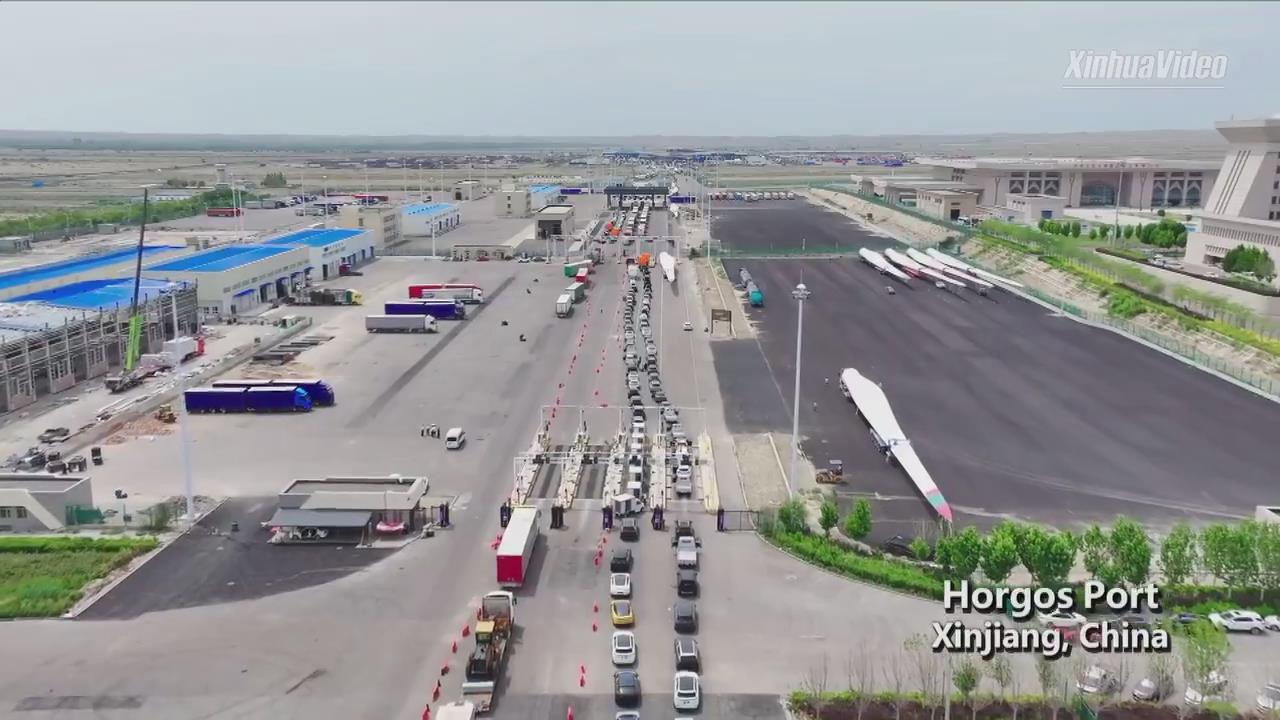
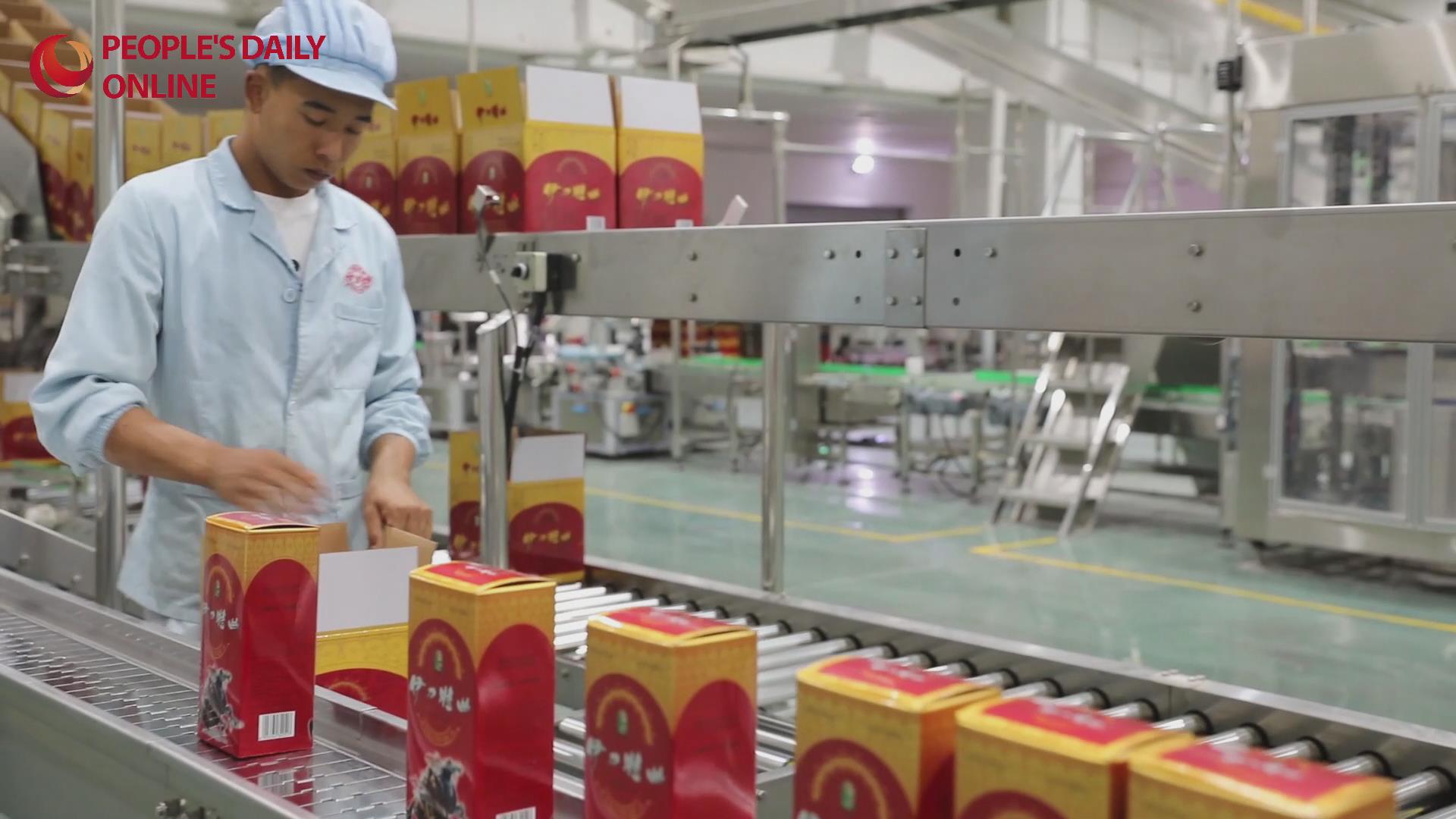
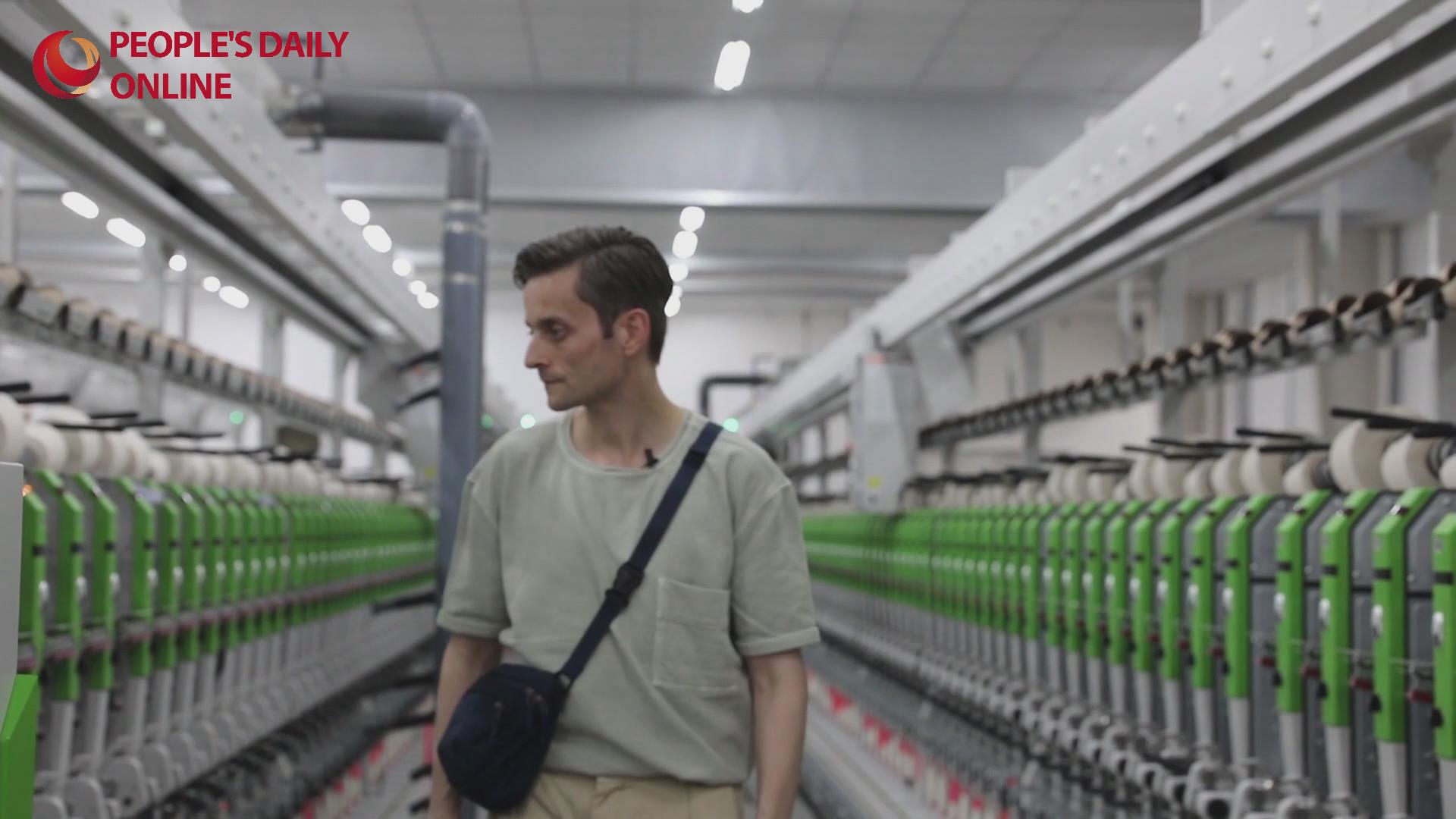


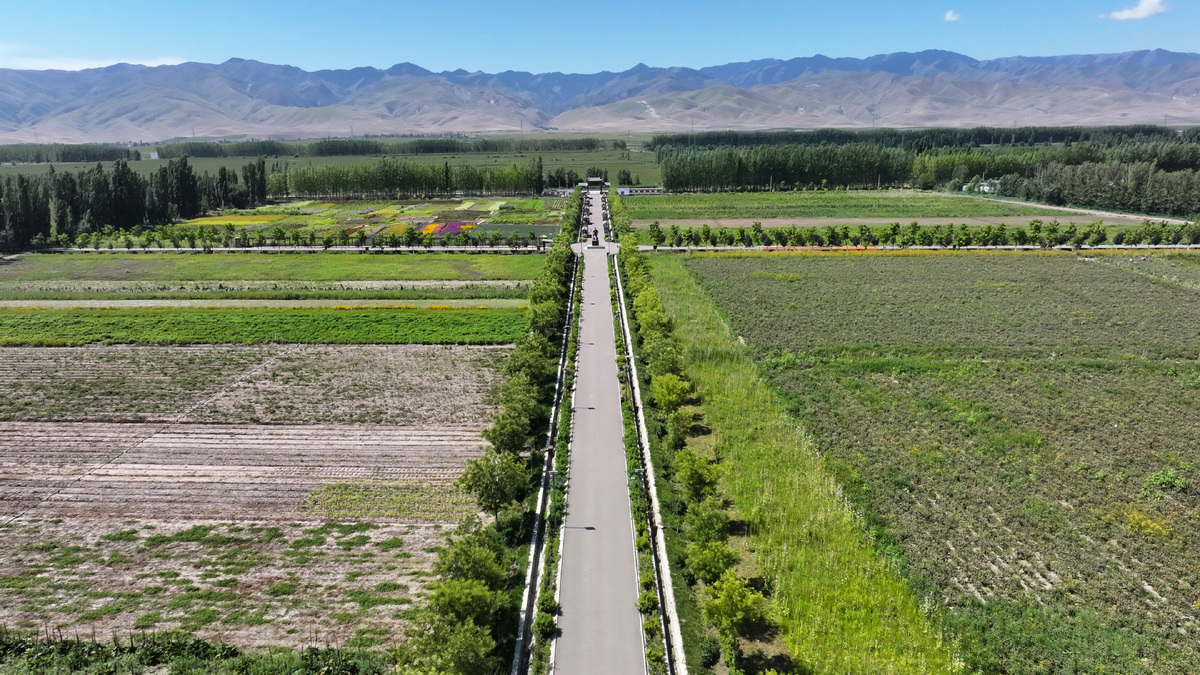

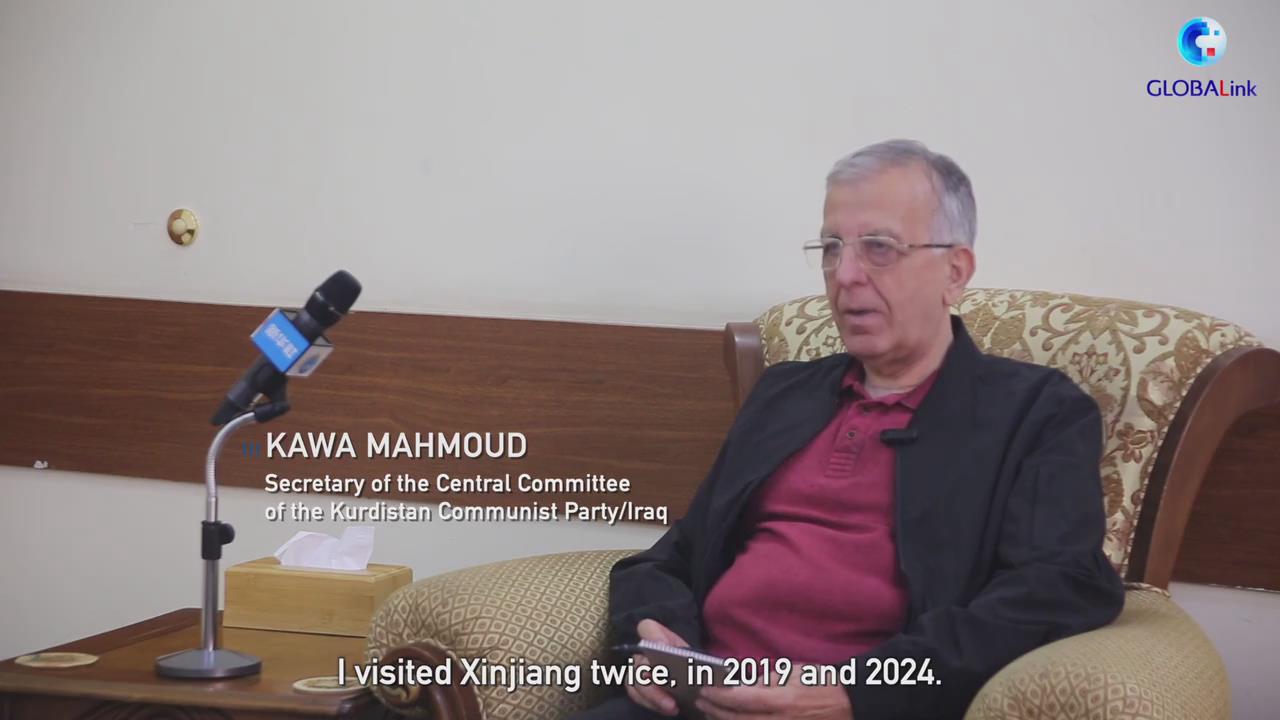

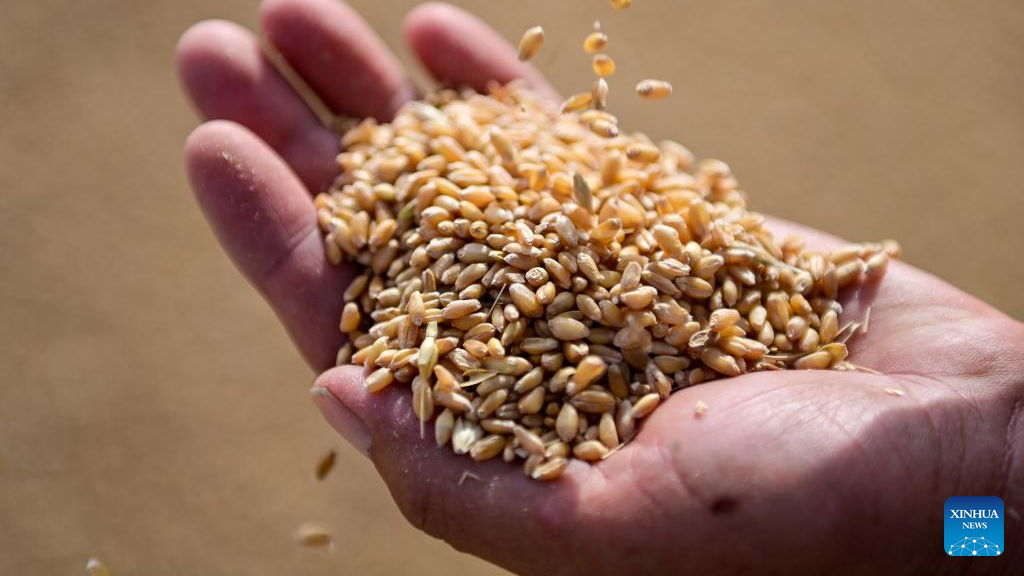
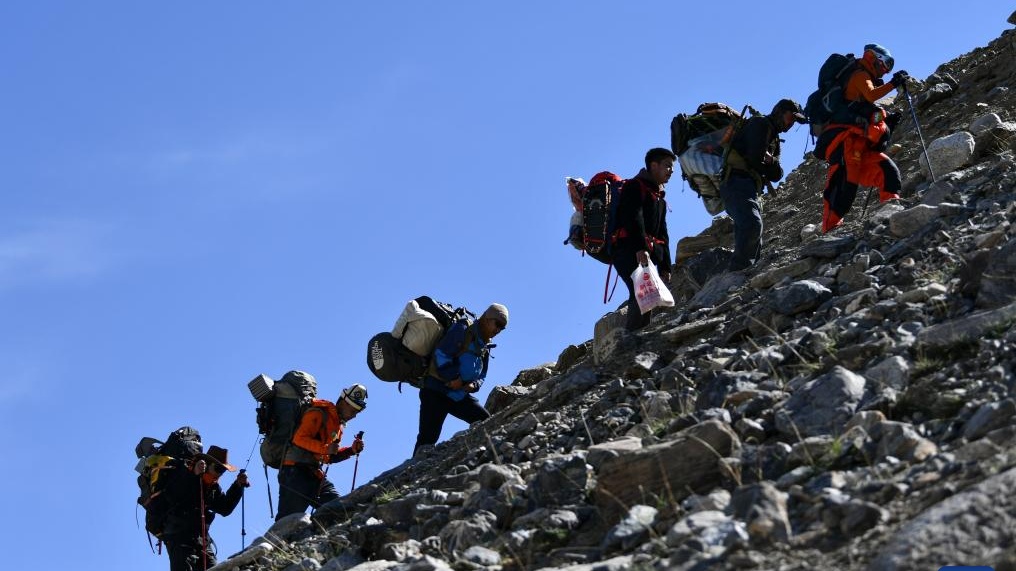

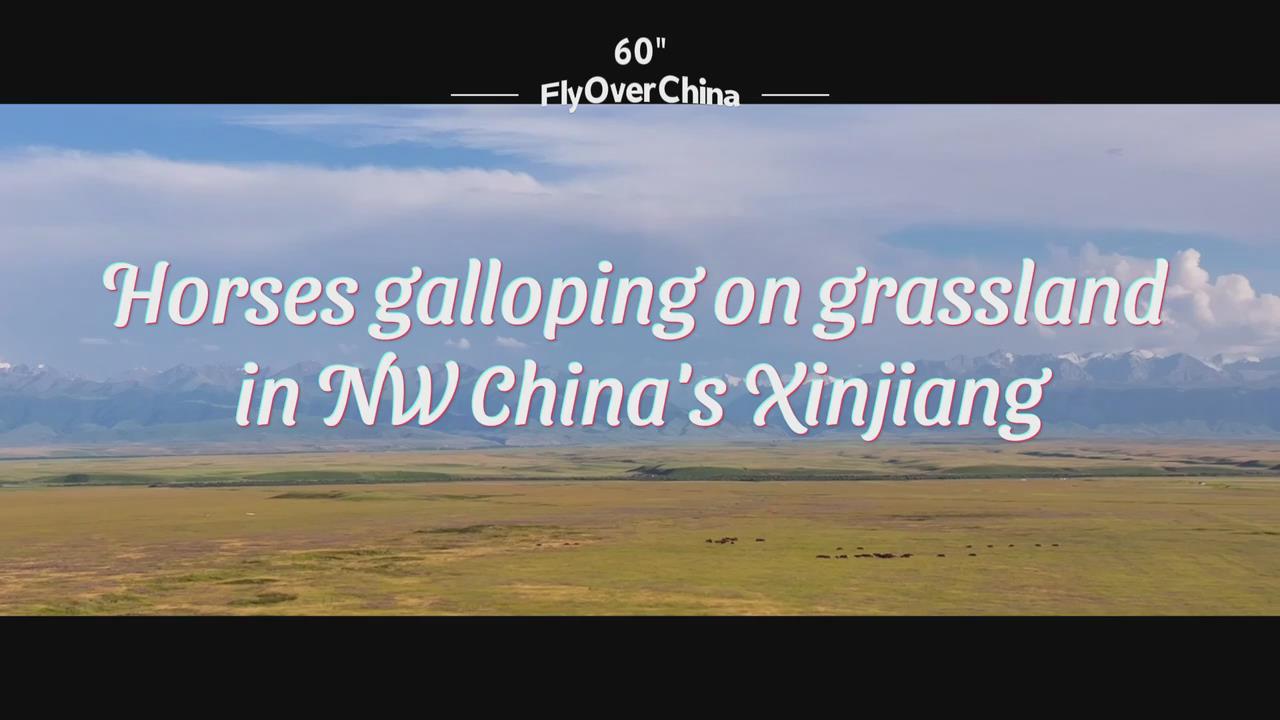
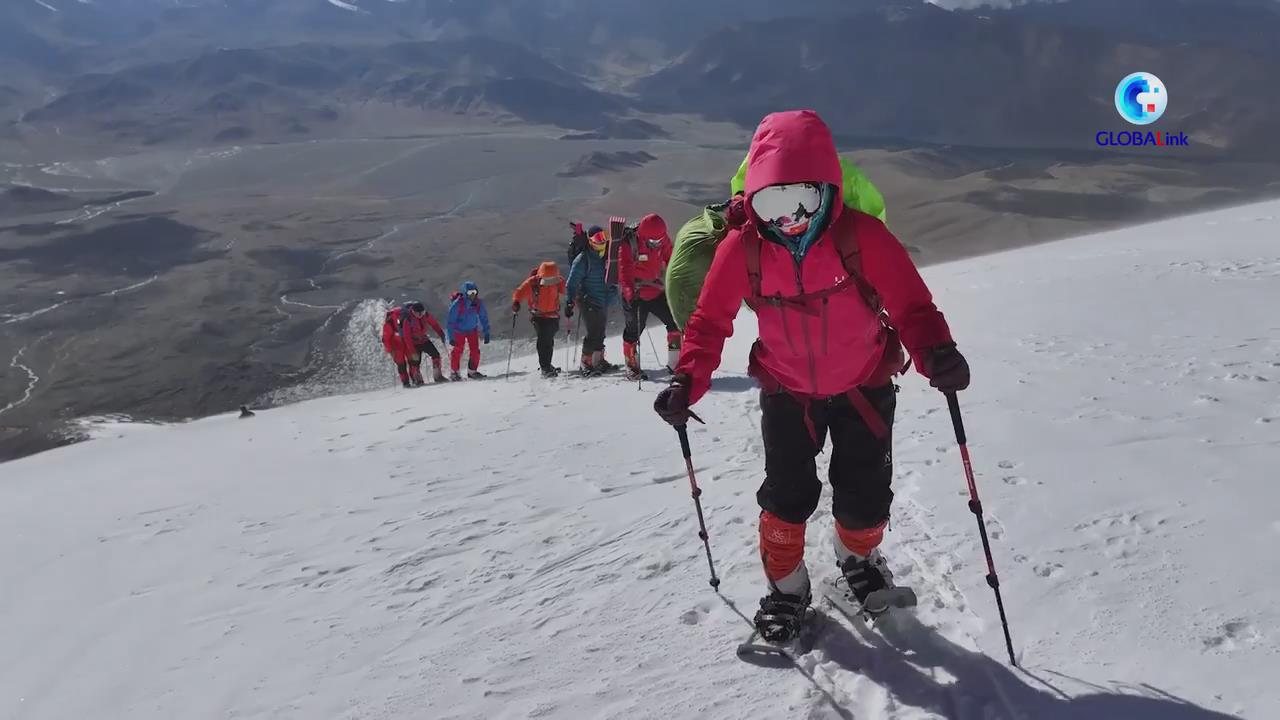
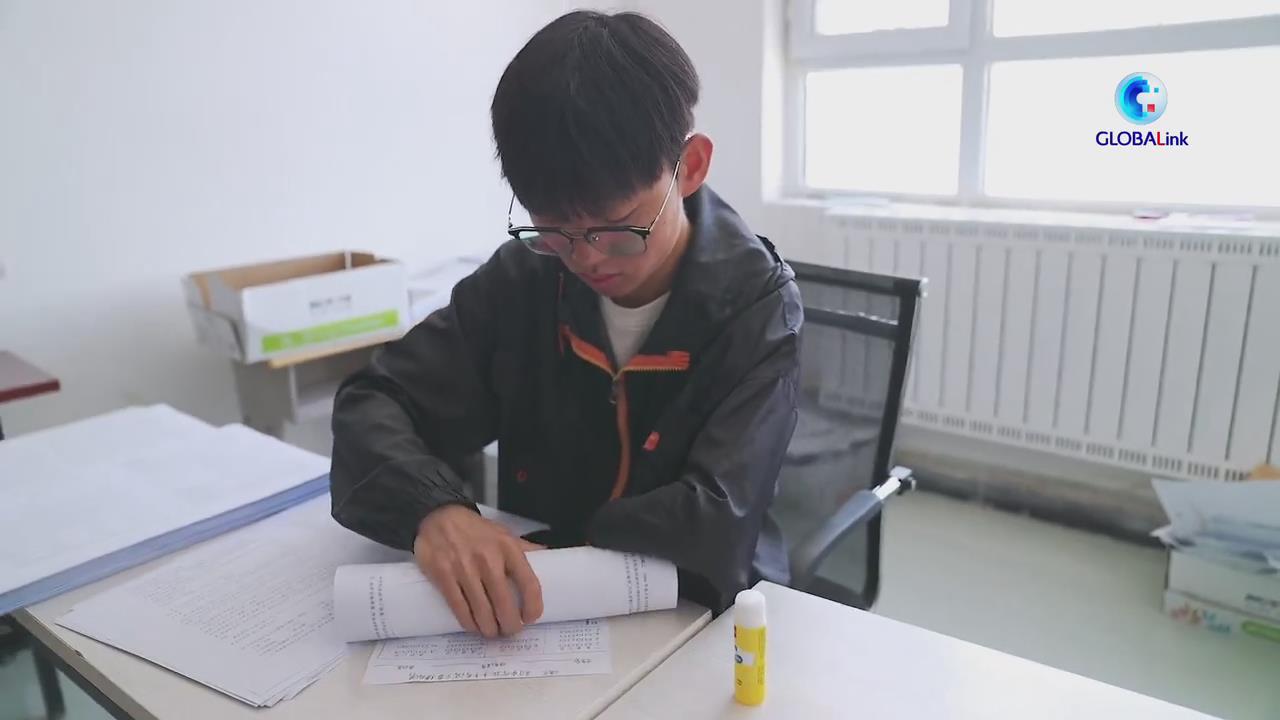

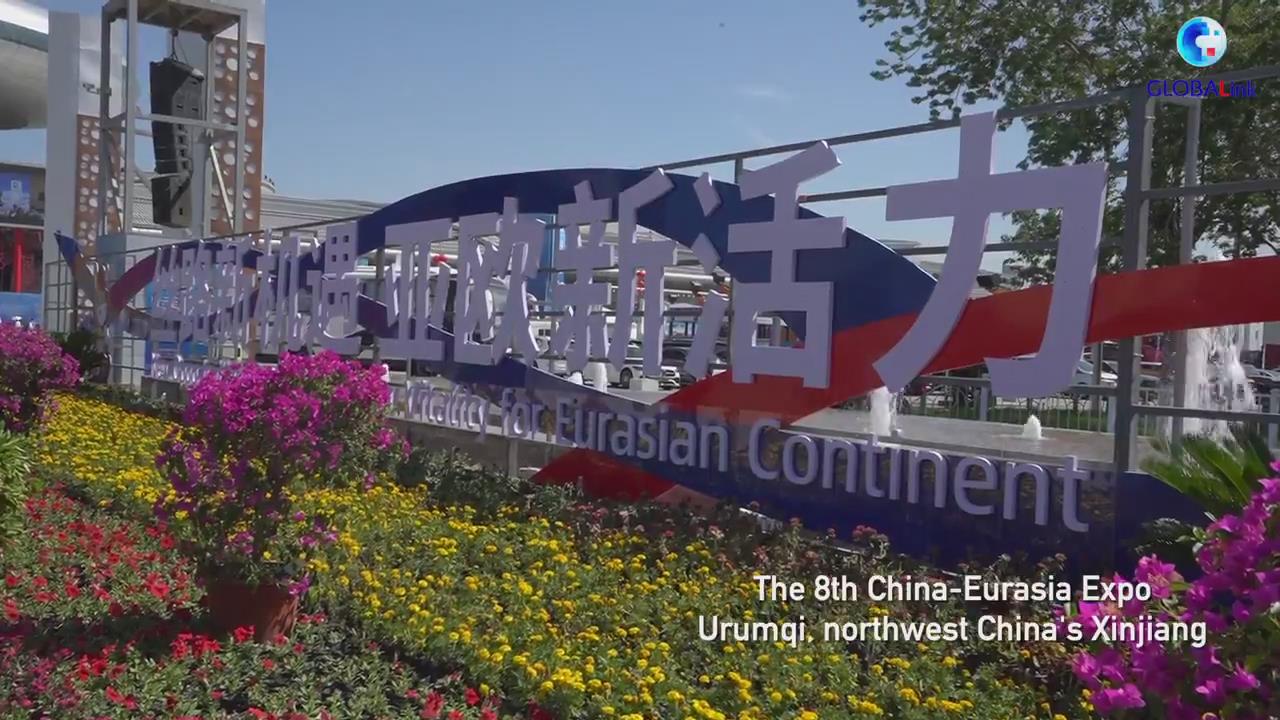
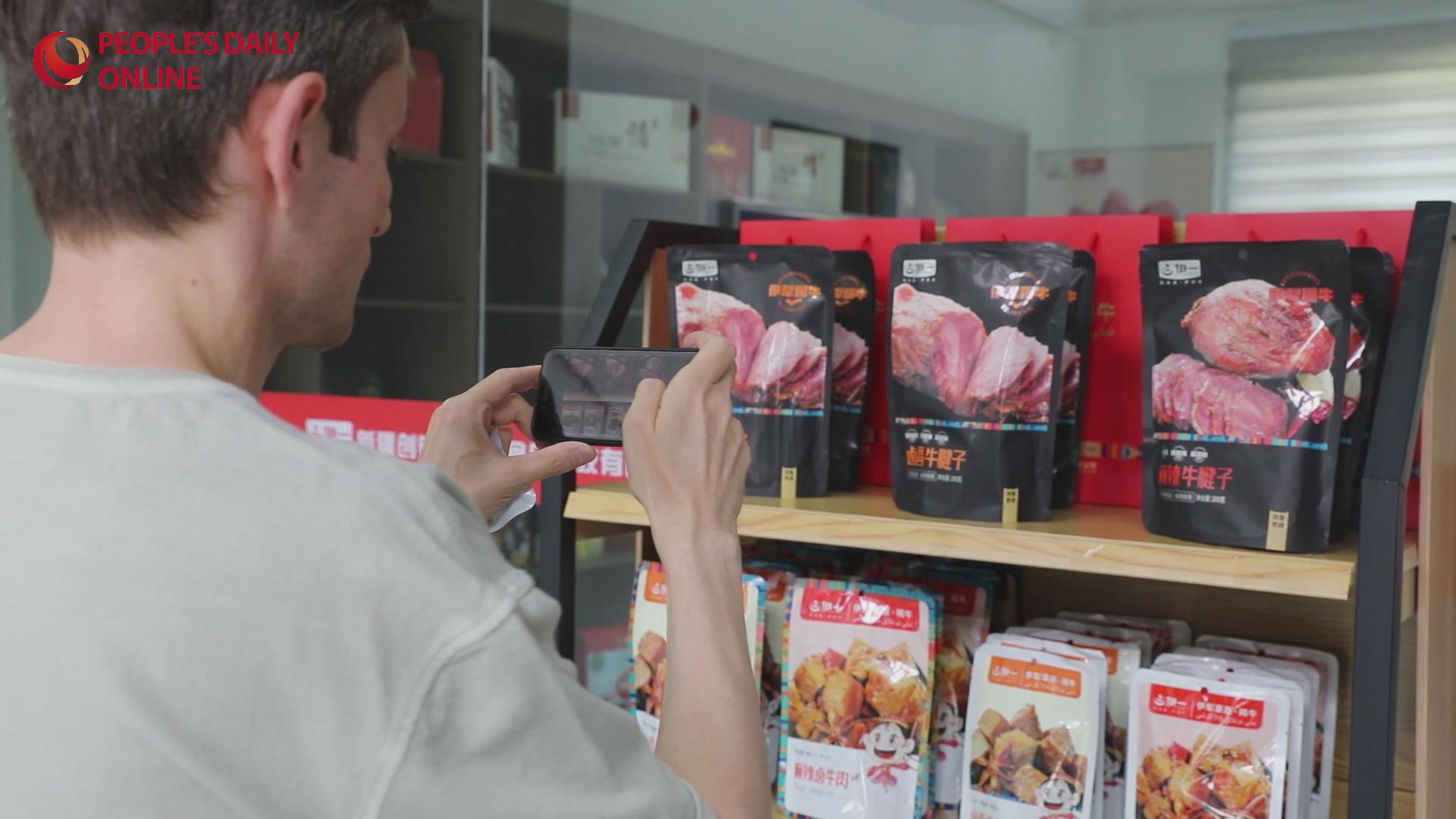
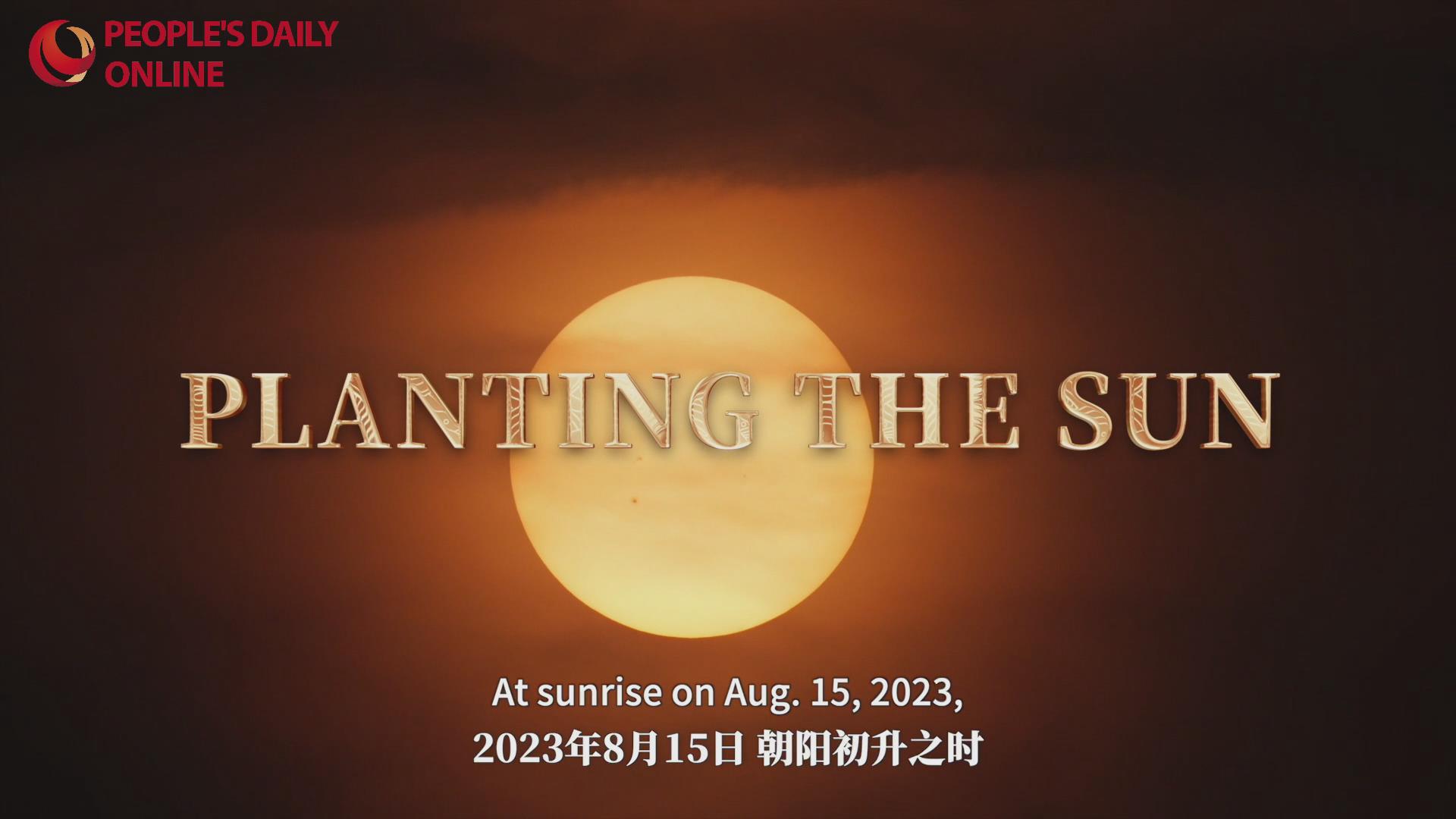
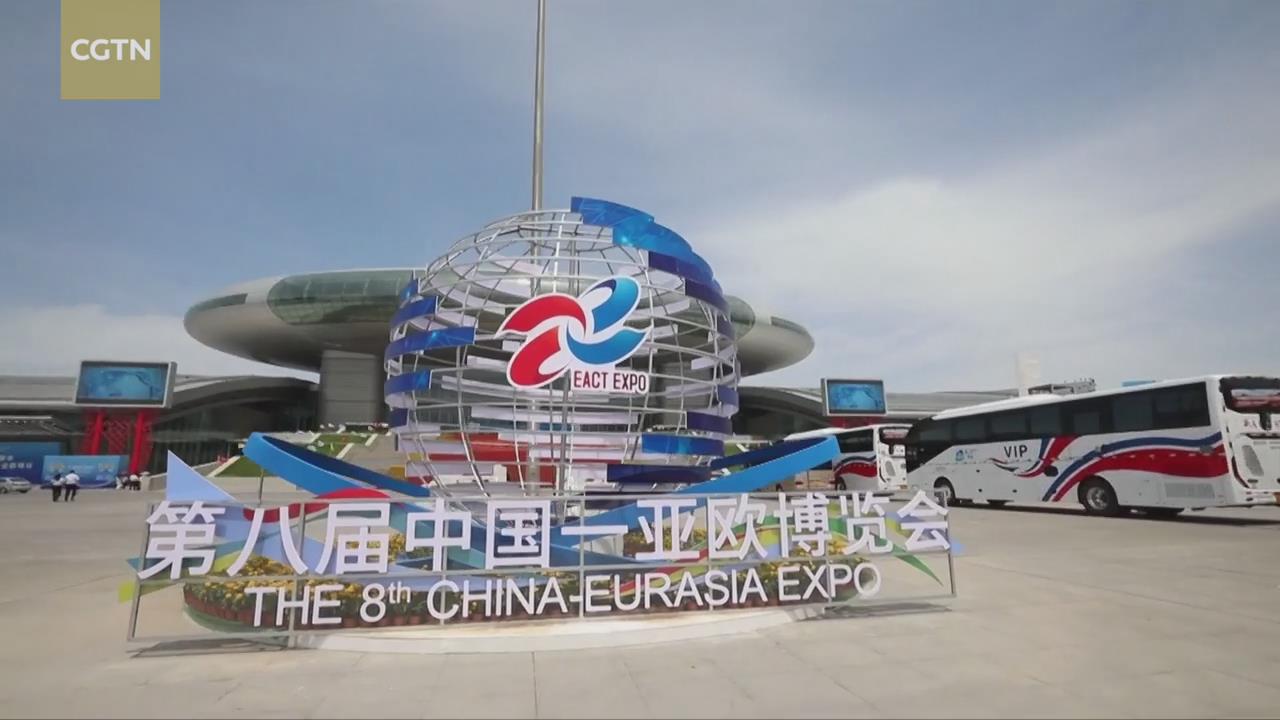
.jpg)
